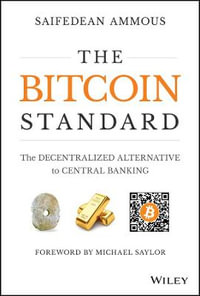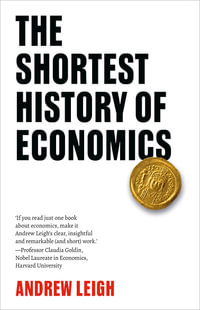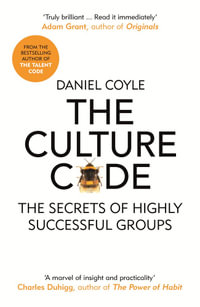"Being Immunized and Economic Status in Society"
Unlock the Power of Immunization and Its Impact on Economic Well-being
Dive into the fascinating world of immunization and discover its pivotal role in bolstering individuals' immune systems against infectious agents. "Being Immunized and Economic Status in Society" takes you on a profound journey through the science, history, and impact of immunization, shedding light on how it influences not only health but also economic prosperity.
Preface: The Essence of Immunization
In the preface of "Being Immunized and Economic Status in Society," we embark on a journey to understand the essence of immunization and its profound implications. Here are key insights that set the stage for this enlightening exploration:
Strengthening Immune Defenses- Immunization, commonly known as vaccination, enhances an individual's immune system to combat infectious agents, also known as immunogens.
- This process empowers the immune system to recognize and respond rapidly to foreign molecules, termed "non-self" or "foreign molecules."
The Adaptive Immune System- The adaptive immune system plays a vital role in developing immunological memory, enabling efficient responses upon encountering foreign materials.
- Active immunization involves exposing humans and animals to immunogens to facilitate the natural production of essential immune components.
The Triad of Immune Components- Immunization enriches the immune system by increasing T cells, B cells, and antibodies produced by B cells-considered the cornerstone of immune defense.
- Memory B cells and memory T cells play a pivotal role in swift immune responses to subsequent encounters with foreign materials.
Passive vs. Active Immunization- While active immunization relies on the body's natural production of immune components, passive immunization introduces these components externally.
- Immunization occurs through various means, both natural and medical, with vaccinations being a prominent example.
Natural Immunity and Vaccination- Natural immunity arises when immune systems successfully combat previous infections, offering partial or temporary protection against specific diseases.
- Vaccination stands as a critical healthcare strategy to artificially induce immunity, with the primary goal of disease prevention.
The Power of Vaccination- Vaccination serves as a formidable means of disease prevention, achieving results through infection prevention, mitigation of disease severity, or both.
- Its pivotal role in disease prevention has led to the near eradication of several diseases worldwide, exemplified by the triumph over polio in the United States.
Global Impact and Continued Relevance- Immunization remains crucial for individuals of all ages, safeguarding against a multitude of diseases actively circulating in society.
- By preserving health and contributing to the development of immune systems, immunization plays a vital role in fostering economic well-being.
"Being Immunized and Economic Status in Society" delves deep into the world of immunization, unraveling its intricate web of science, history, and societal impact. Explore how immunization not only safeguards health but also contributes to economic prosperity, making it an essential component of modern society. Dive into this enlightening journey, where the value of immunization is celebrated, and its far-reaching implications on economic well-being are unveiled.
























